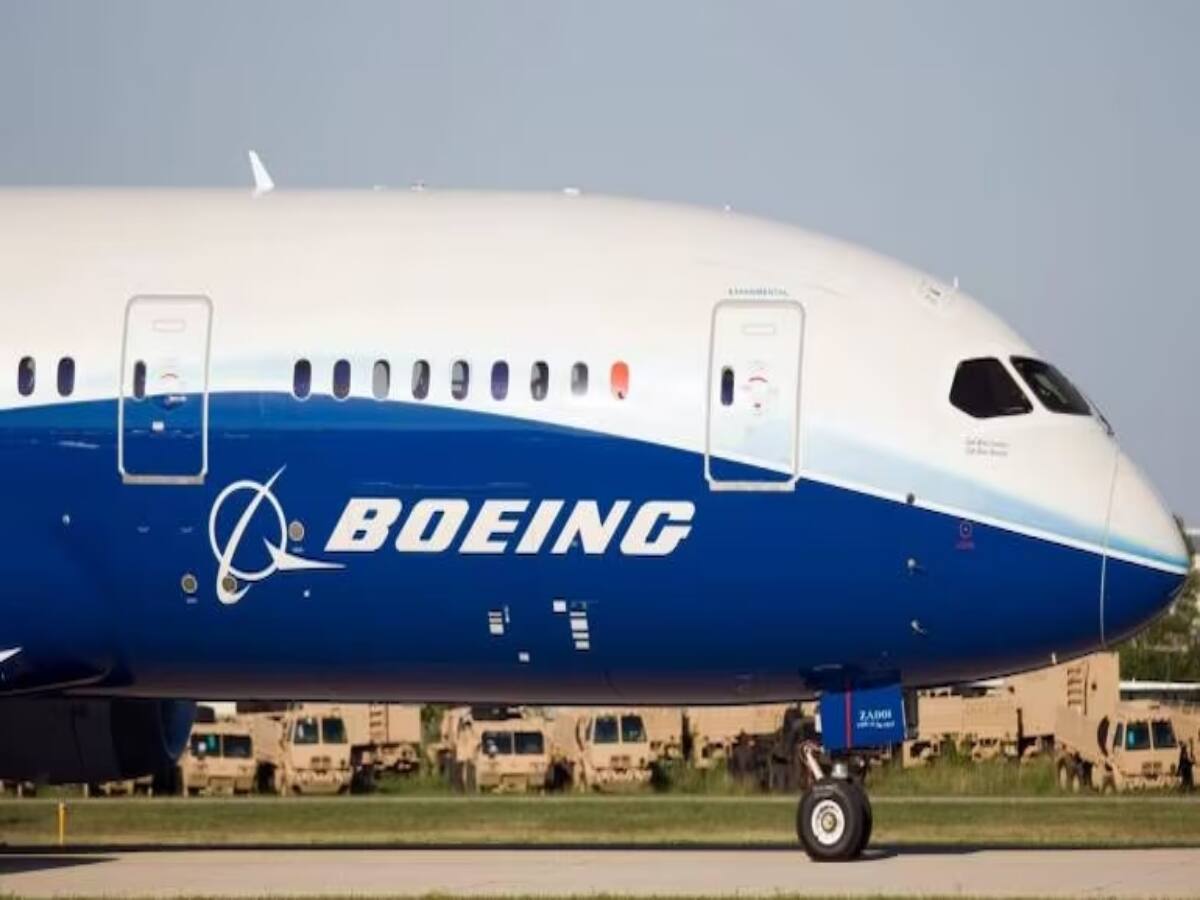Boeing Halts Hiring Amidst Historic Strike
Boeing, the global leader in aircraft manufacturing, has recently announced a significant pause in its hiring processes. This decision comes in the wake of the company’s workforce of 33,000 employees initiating a strike, marking the first major labor stoppage at Boeing in 16 years. In an effort to navigate the financial repercussions of this strike, Boeing is implementing a series of cost-saving measures aimed at securing its future.
Immediate Cost-Cutting Measures
In response to the disruptions caused by the strike, Boeing’s Chief Financial Officer, Brian West, highlighted the necessity of stringent cash-saving strategies. Among the actions being considered are:
- Temporary leave for various employee levels, including management and executives.
- Restrictions on travel for most staff members to reduce expenses.
- A reduction in non-essential capital expenditures and overhead costs.
- A focus on decreasing expenses associated with suppliers.
- Halting most purchase orders related to the 737, 767, and 777 aircraft programs.
Impact on Production and Future Outlook
As production at Boeing grinds to a halt due to the ongoing strike, there are rising concerns about its broader implications, especially for the Indian airline industry, which relies on Boeing’s aircraft. The striking employees rejected the company’s contract offer, illustrating deep-seated discontent among the workforce regarding compensation and working conditions.
Background on the Strike
The recent strike has highlighted longstanding issues within Boeing, such as labor relations and employee satisfaction. With mounting pressure for the company to recover from the operational downturn, these labor disputes have generated a ripple effect across the aviation sector, prompting an urgent need for resolution and effective communication between management and employees.
Conclusion
Boeing’s decision to halt hiring and implement aggressive cost-saving measures reflects the critical juncture at which the company finds itself amidst the labor strike. The actions taken now will likely shape the company’s operational landscape in the coming months and years, making it essential for all stakeholders to address the underlying issues contributing to this unprecedented situation.












